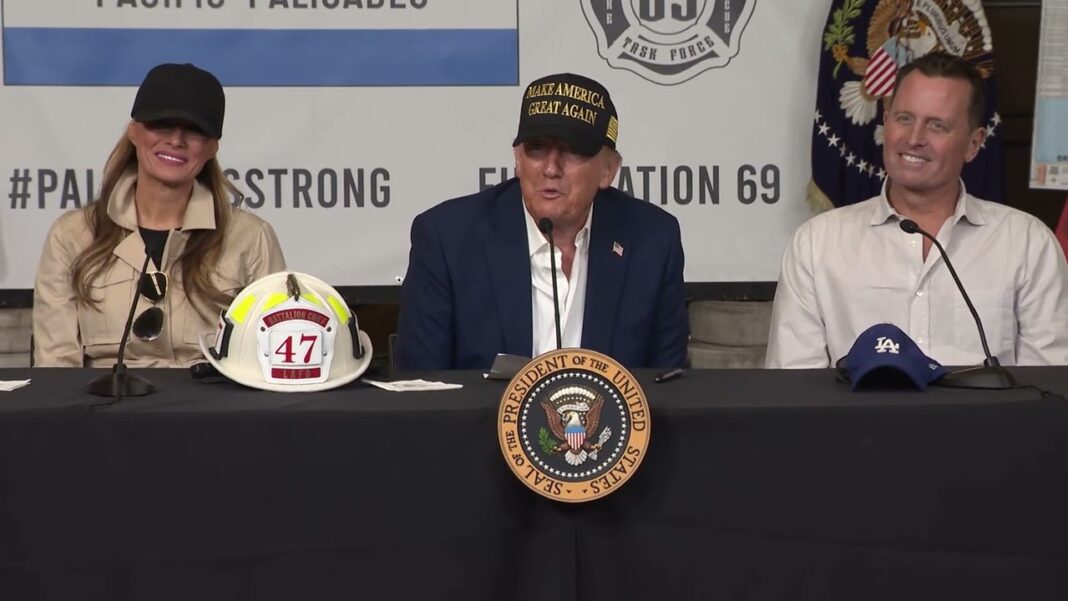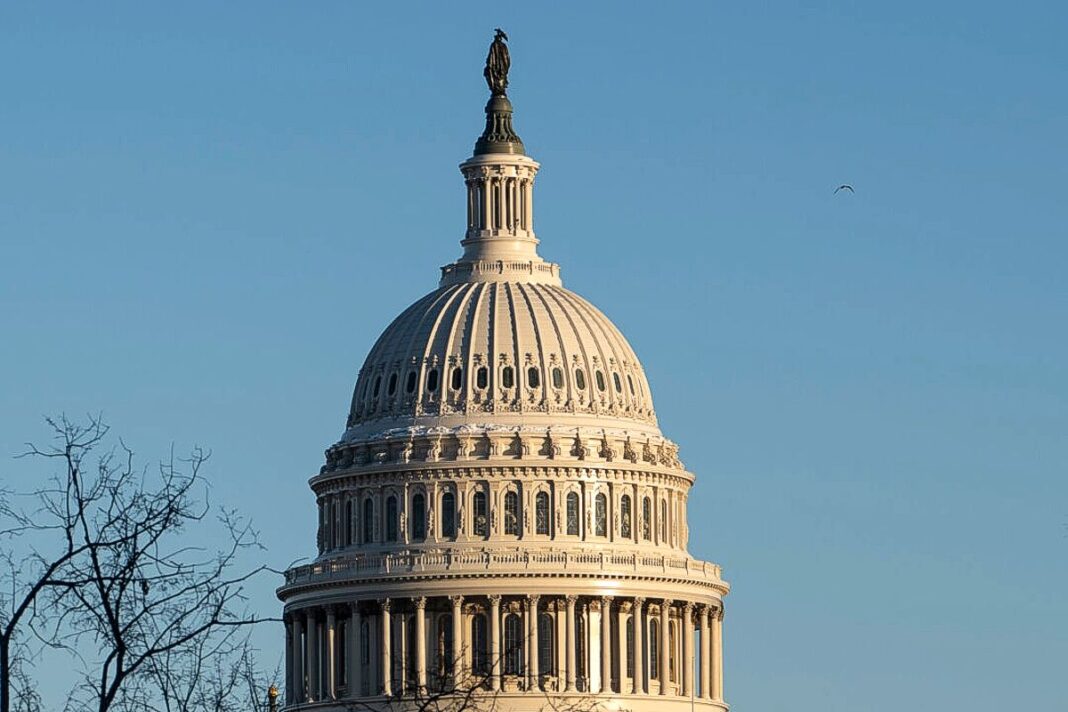The vice president touched on a number of issues, including prices, immigration, Jan. 6, and more.
Vice President JD Vance on Sunday gave his first media interview days after being sworn into office and defended the Trump administration’s recent activity.
In the interview, Vance sparred with CBS News’ anchor Margaret Brennan on a range of topics, including illegal immigration, the U.S. economy, Jan. 6 pardons, Big Tech companies, and more.
Lowering Prices
At one point in the interview, Vance was pressed on how President Donald Trump’s administration will lower prices of groceries, which was a 2024 campaign promise. The vice president, in response, said that getting prices down would take time, noting that Trump only took office less than a week ago.
“There have been a number of executive orders that have caused, already, jobs to start coming back into our country, which is a core part of lowering prices,“ the vice president said. ”More capital investment, more job creation in our economy, is one of the things that’s going to drive down prices for all consumers, but also raise wages so that people can afford to buy the things that they need.”
After Brennan pushed back, Vance said that Trump cannot “undo all of the damage of Joe Biden’s presidency in four days” and that “Rome wasn’t built in a day.”
“Donald Trump has already taken multiple executive actions that are going to lower energy prices, and I do believe that means consumers are going to see lower prices at the pump and at the grocery store, but it’s going to take a little bit of time,” he said.
Trump’s decisions to address energy prices and increase drilling will also impact everyday costs, Vance said.
U.S. consumer prices increased by the most in nine months in December amid higher costs for energy goods, pointing to still-elevated inflation that aligns with the Federal Reserve’s projections for fewer interest rate cuts this year, according to a Labor Department report released earlier this month. In 2022, the consumer price index reached highs not seen since the early 1980s, although price increases have trended down since then.








